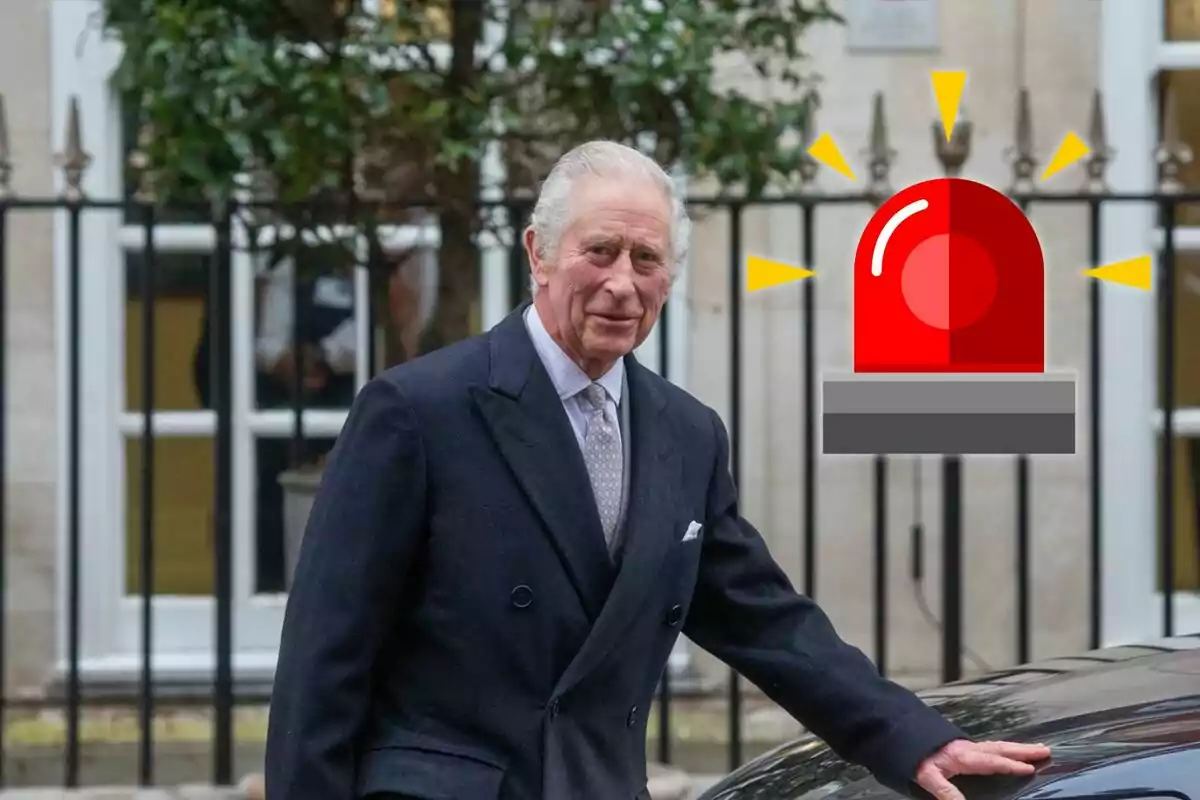Buckingham Palace, emblem of the British monarchy, has been the scene of an unexpected crisis that has forced King Charles III to take drastic measures. Despite undergoing treatment for cancer diagnosed in 2024, the monarch has once again demonstrated his commitment to preserving the royal heritage.
Major hidden problems
The alarm was raised when a former cleaning employee, Anne Simmons, revealed in an interview that the palace's pipes suffered constant blockages due to the use of wet wipes, even those labeled as biodegradable.
These accumulations, ignored for years, threatened to cause millions in damages to the building's infrastructure. A technical report commissioned by the king confirmed the seriousness of the problem, revealing decades of poor maintenance and inadequate practices.

Immediate and necessary measures
In response to this situation, Charles III ordered a total ban on the use of wet wipes inside the palace. In addition, the use of scented candles in enclosed spaces was eliminated, arguing that the particles they emit deteriorate air quality and could affect the health of residents and visitors.
These decisions are part of a broader plan by the monarch to balance tradition with sustainability and the care of heritage. Charles III has proven to be a meticulous leader, alert to detail and committed to the responsible modernization of the institution he represents.
Reactions from the British
The measures adopted by the king have been met with surprise by some sectors, but also with recognition for his determination to address structural problems that had been ignored for years. At a time when his health is a cause for concern, Charles III continues to perform his duties diligently, personally overseeing the necessary reforms in the royal residence.

This episode highlights the importance of proactive and detailed management in the conservation of national symbols. The monarch's intervention seeks to preserve the architectural legacy of Buckingham and also to set a precedent for responsibility.
The question monarchist Britons are asking is clear: Is this the beginning of a series of deeper reforms in other royal residences? In principle, it is clear that Charles III's determination indicates that he is willing to modernize the monarchy.

